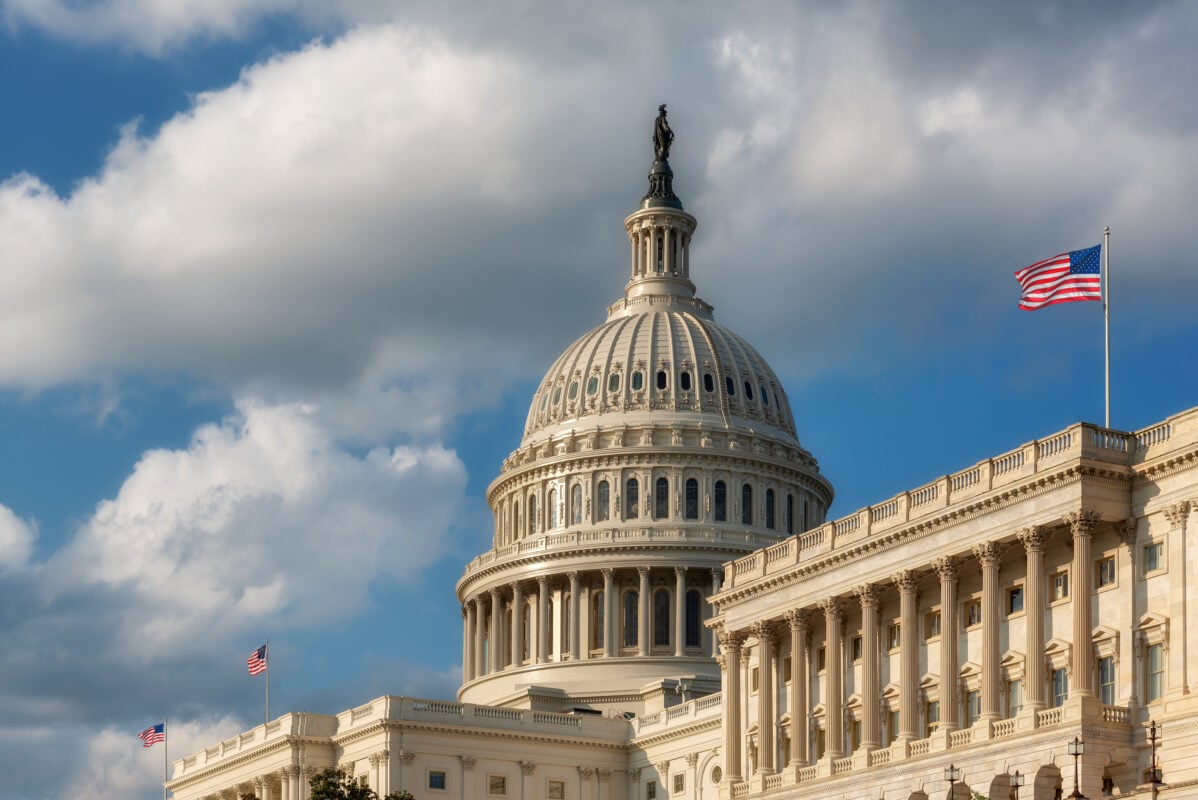TLDRs:
- The Senate parliamentarian ruled that efforts to dismantle USPS’s EV program require 60 votes, blocking Republican attempts to use a tax bill for this purpose.
- Scrapping USPS’s EV fleet would cost $1.5 billion and cause major operational disruptions.
- The decision follows broader GOP moves to eliminate EV tax credits and charging incentives.
- Clean energy advocates view the ruling as crucial for maintaining U.S. competitiveness and climate progress.
In a pivotal decision that preserves the future of electrification within federal agencies, the Senate parliamentarian has ruled against a Republican-led effort to dismantle the United States Postal Service’s electric vehicle program.
The June 22 decision prevents lawmakers from using a budget reconciliation bill to force the USPS to abandon its EV fleet and charging infrastructure, a move that would have required only a simple majority in the Senate. With the ruling now demanding a 60-vote threshold, the proposal is effectively sidelined in the closely divided chamber.
This development comes amid broader political wrangling over the trajectory of the United States’ transition to cleaner transportation. The USPS currently operates a fleet of over 7,000 electric delivery vehicles, including Ford e-Transits and purpose-built Next Generation Delivery Vehicles supplied by Oshkosh Defense. Dismantling this infrastructure, the agency warned, would not only reverse years of progress but also cost American taxpayers approximately $1.5 billion.
EV Fleet Reversal Would Come at a Steep Price
According to USPS estimates, walking back its electrification strategy would involve around $1 billion to replace electric vehicles with internal combustion models and an additional $500 million to account for wasted investments in charging infrastructure.
The financial toll alone provides a compelling argument against the proposed rollback. But the hidden operational and institutional costs are equally significant. USPS officials stated that eliminating EVs would severely impair service delivery, disrupt operations, and erode the gains already made in personnel training, infrastructure, and logistics.
A Victory for Clean Transportation Advocates
The ruling also prevents the same bill from including provisions to dismantle emissions regulations designed to encourage cleaner transportation. This aligns with a string of recent parliamentary decisions that have insulated environmental policies from fast-track legislative sabotage. For EV proponents, the decision offers a measure of policy stability in what has become an increasingly turbulent environment for green transportation initiatives.
The push to reverse USPS electrification had gained traction following broader efforts by Senate Republicans to curtail federal support for EV adoption. Just days before the parliamentarian’s decision, the Senate Finance Committee introduced a proposal that would eliminate tax credits for EV purchases and commercial fleets, as well as cut incentives for EV charging infrastructure. Industry leaders warned that this would deal a heavy blow to domestic manufacturing and cede the country’s competitive edge to rivals such as China.
Political Gridlock Threatens Long-Term Investment
Ben Prochazka, executive director of the Electrification Coalition, criticized the broader rollback efforts, noting that unstable policy environments undermine business confidence and deter long-term investments. His remarks emphasized that EV investments are not simply climate policies but key economic strategies for job creation, industrial growth, and national security. Disrupting these policies, he said, would leave the U.S. trailing in the global transportation race.
Procedural Safeguards Protect Strategic Infrastructure
The USPS case underscores the critical role of procedural rules in safeguarding long-term infrastructure investments from political whiplash. With $540 million already spent on electrical systems, many of them embedded beneath postal facilities, scrapping the program would have caused irreparable financial and logistical harm.
The ruling thus offers not only a reprieve for the Postal Service but a precedent for protecting future federal infrastructure projects from short-term political pressures.







